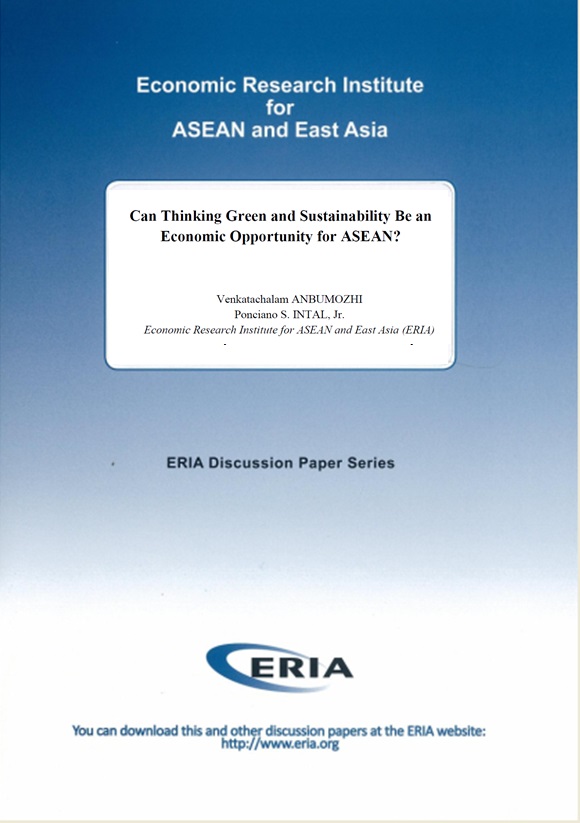Can Thinking Green and Sustainability be an Economic Opportunity for ASEAN?

Date:
28 September 2015Category:
ASEAN, Environment and Climate ChangeType:
Discussion PapersTags:
EnvironmentPrint Article:
ASEAN member states (AMS) are confronted by serious environmental problems that threaten to undermine future growth and regional stability. This paper considers four major environmental challenges that policymakers across ASEAN will need to address towards 2030: water management, deforestation and land degradation, air pollution, and climate change. We argue that these challenges, each unique in its own way, exhibit the characteristics of wicked problems. As developed in the planning literature, and now applied much more broadly, wicked problems are dynamic and complex, encompass many issues and stakeholders, and evade straightforward, lasting solutions. Detailed case studies are presented to illustrate the complexity and significance of these environmental challenges, as well as their nature as wicked problems. The most important implication of this finding is that there will be no easy or universal solutions to environmental problems across ASEAN, as Environmental Performance Indicators (EPI) illustrate. This is a caution against over-optimism for formulating sector-specific solutions. It is not, however, a counsel for despair. We suggest general principles which may be useful across the board to tackle the issues and accelerate green growth. These are: a focus on co-benefits; an emphasis on stakeholder participation; a commitment to scientific and technological research; an emphasis on long-term planning; pricing reform; tackling governance issues, in addition to generally bolstering institutional capacity with regard to environmental regulation; and a strengthening of regionally coordinated approaches and international support.




